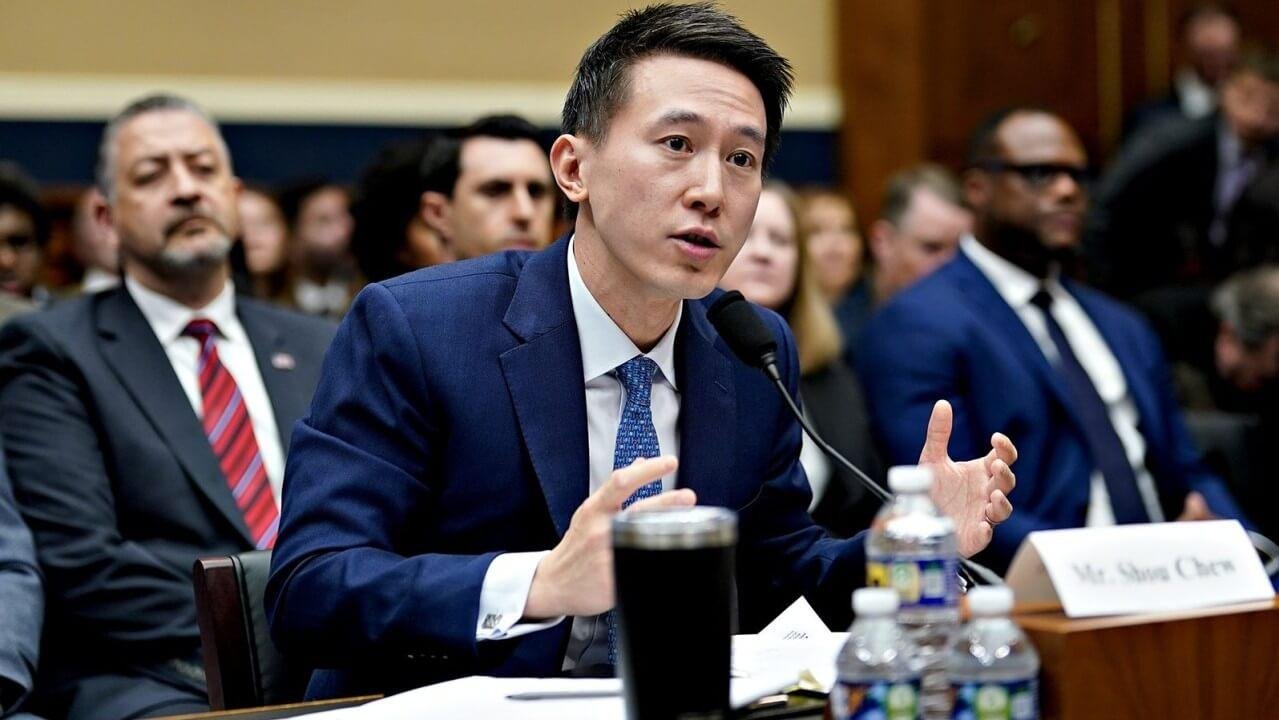TikTok has come under fire because the app has over 150 million users from the United States (US). US lawmakers are concerned about how it could be used as a spying weapon for China, teen addiction and misinformation.
How did TikTok’s CEO Chew Shou Zi fare in the recent hostile US Congressional hearing?
I want to first share that I do not have any great love or malice towards TikTok or US Congress, but attempt to share factually from what I observed from the videos.
I would say that Chew did well. He was calm and collected in his response even when Congress was antagonistic and biased right from the start.
The Republican Chair of the House Energy and Commerce Committee, Cathy McMorris Rodgers, opened the session by telling Chew that “Your platform should be banned.”
She even said that “TikTok is a weapon by the Chinese Communist Party (CCP) to spy on you, manipulate what you see, and exploit for future generations.”
Republican Gary Palmer also mentioned that “You have repeatedly used the word transparency throughout this hearing and every time you’ve said it, all I heard was deception.”
Even though there were numerous moments of aggressive questioning, Chew held his ground and was clear in his response.
Here are some lessons on how you can handle difficult and hostile situations, especially when others have made up their minds about you:
1. Acknowledge concerns and counter opinions with facts.
Despite the narrative that the US lawmakers were trying to paint TikTok as a Chinese-owned company that could transfer data to the CCP. But Chew clearly spelt out how this could not be possible.
He stressed that TikTok is headquartered in Los Angeles and Singapore.
He also acknowledged their concerns for potential manipulation by stating that “Our approach has never been to dismiss or trivialize any of these concerns. We have addressed them with real action.”
“It is our commitment to this committee and all our users that we will keep (TikTok) free from any manipulation by any government.”
Chew also added that “Our commitment is to move their data into the United States, to be stored on American soil by an American company, overseen by American personnel. So the risk would be similar to any government going to an American company, asking for data.”
You can see the constant repetition of the word “American” was there to ensure that this move is clearly acting in the best interests of its users and is controlled by them.
Shaping narratives are important when you want to ensure that there is the right perception of your company.
2. You need to show what was done, not just what was said.
Multiple lawmakers also highlighted concerns over TikTok’s impact on children. They accused TikTok algorithms recommended videos that created emotional distress, promoting suicide, self-harm, eating disorders and dangerous trends like the “blackout challenge.”
Chew said that TikTok takes issues of suicide and self-harm “very, very seriously.” He countered that there are parental controls and other measures that keep the app from becoming addictive. They have also developed tools to ensure that the age of their users is who they say they are.
Even when Senator Johnson asked whether the source code of Tiktok could be manipulated, Chew said that 3rd party monitors are engaged to ensure that it cannot be done.
3. Don’t lose your cool. Respond calmly and don’t get derailed into other issues.
In the midst of all the harsh statements and accusations poured at TikTok, Chew never once lost his cool. He gave his responses calmly and was humble to state when he was not clear or did not have the data.
Republican Dan Crenshaw asserted that Chinese citizens must cooperate and be bound to secrecy with China’s Chinese intelligence, “That would include you [Chew].”
Chew responded: “I’m Singaporean.” Dan was probably not clear that Singaporeans do not live under Chinese law.
Lesko Arizona threw a question that was not consistent with the session’s hearing by asking Chew whether he agreed that the Chinese government has persecuted the Uyghur population.
Knowing that this could lead the entire discussion off tangent, Chew was focused on the objective of the congressional hearing. He said, “it is deeply concerning to listen to all accounts of human rights abuse, my role here is to explain what our platform does on this.”
4. Be clear about your commitments in the midst of concerns.
Chew was extremely clear that even if members of Congress did not buy into what he said, he said that his company’s commitments remain clear: keep safety, particularly teenagers as a top priority, firewall US data from unwanted access, and remain a place of free expression and will not be manipulated by any government.
This is important because in a long hearing, the audience might not follow the arguments carefully and it is important for any leader to be clear about his/her commitment to the issue.
Conclusion
It was a five-hour-long hearing. It is easy to be emotional and say things that you regret during heated moments. But we can learn from Chew Shou Zi in the way he responded calmly, with data, and with a clear direction on how things move forward.
This article first appeared in Kenneth Kwan’s LinkedIn Article







